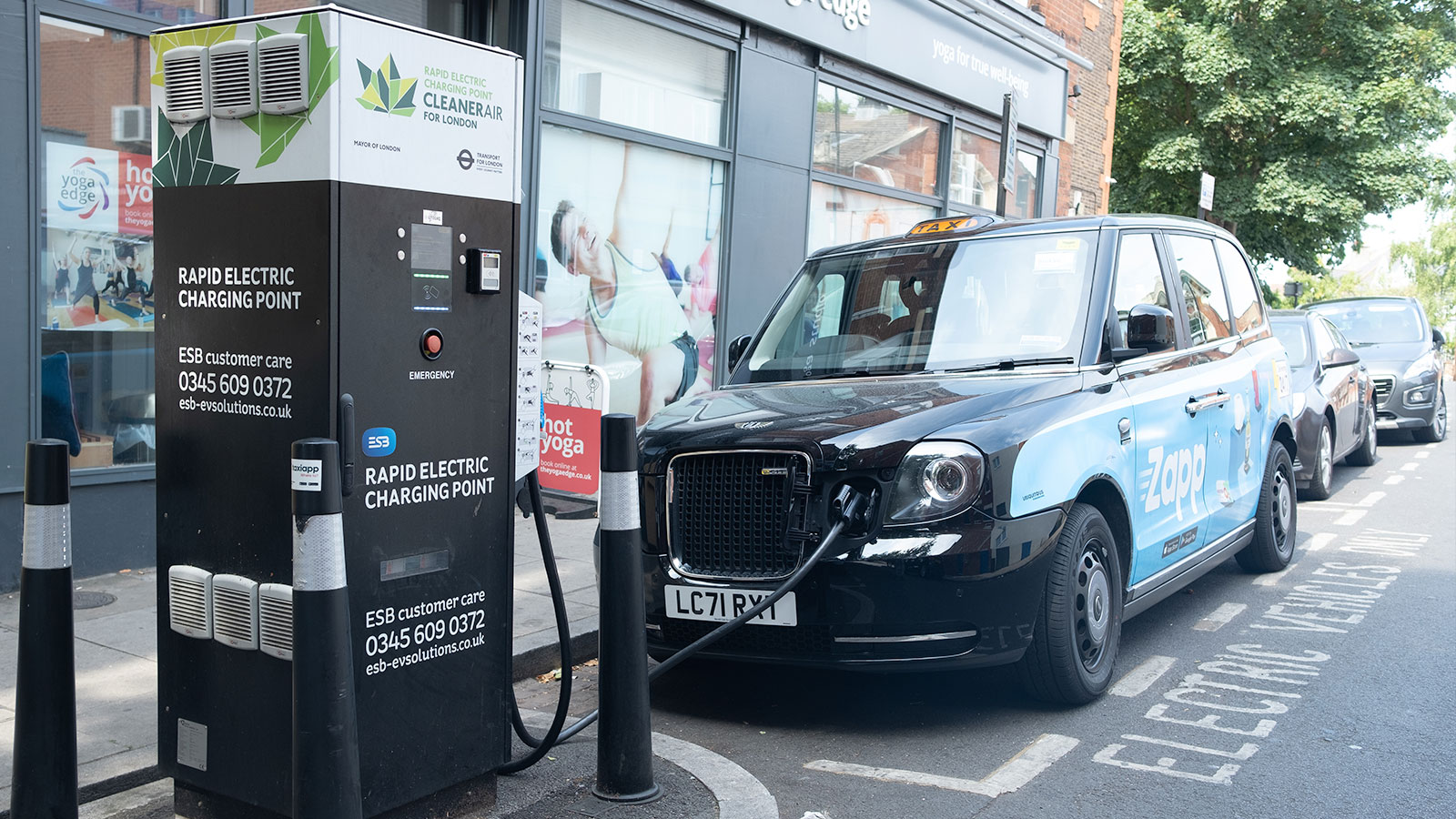The latest findings from a UK report indicate a significant increase in the use of public EV chargers by businesses.
According to data gathered by Allstar, public EV charger usage surged by 264% in the year leading up to March 2024, while home charging usage by businesses also rose by 113%.
The data, derived from Allstar’s AllCosts report, which analyses millions of transactions on the Allstar fuel card network, provides insights into the real-life costs associated with electric, petrol, and diesel vehicles. This information is crucial as businesses transition to alternative fuel sources.
The report highlights that home charging remains the most economical option for recharging business fleets, with the average cost holding steady at 28p per kWh, in line with the current Ofgem price cap. The highest cost recorded this quarter for home charging was 50p per kWh, and the lowest was 5p.
On the road, however, the costs are higher, with public charging now averaging 82p per kWh – an increase of 12p from the last quarter of 2023. Despite this, the demand for quicker, premium charging options continues to grow, demonstrating a willingness among drivers to pay more for convenience and speed.
The report also notes a gradual decrease in the price of petrol and diesel. Currently, petrol prices have fallen to an average of 143.34p per litre, and diesel to 158.5p per litre. This reduction is in line with the falling price of Brent Crude oil since early 2022, with forecasts suggesting stable prices into 2025.
Ashley Tate, Managing Director at Allstar Chargepass UK, commented on the report’s findings, saying, “Despite some perceptions of insufficient charger availability or accessibility, public charger use has more than doubled compared to last year. This uptake in EV use by businesses highlights a continuing shift towards electric vehicles in fleet operations.”
He added, “It’s also noteworthy that while it’s cheaper to recharge at home, the willingness to pay higher rates for faster on-the-road charging indicates that businesses value reduced downtime.”

